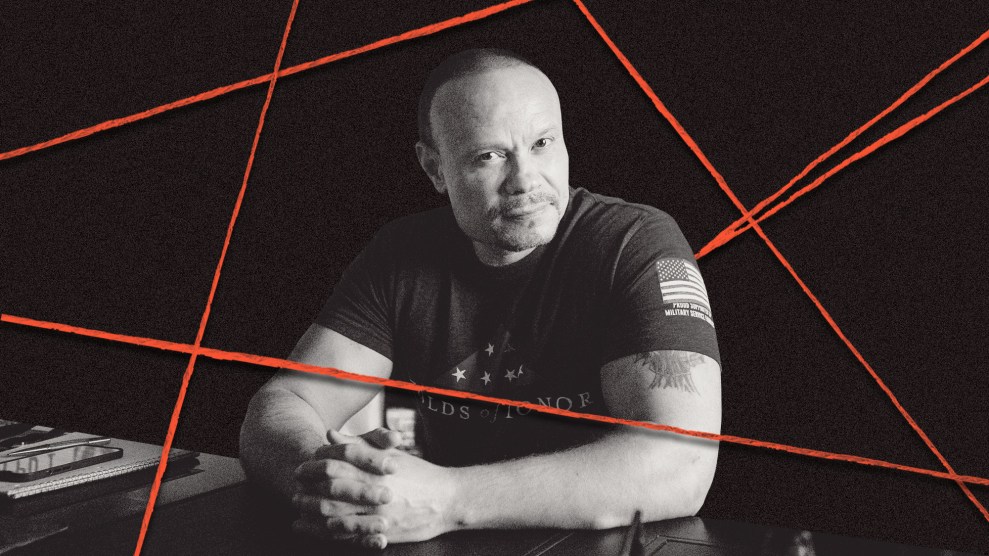Aspiring documentary filmmaker Taylor Erickson has a theory: If businesses put the interests of their customers over short-term profits, they’ll be more successful in the long run, and society will be better off for it.
“When I was thinking about the economy, that was the first thing that came to my head,” says Erickson, 20. It’s the message at the center of his latest short film, titled “The Greatest Economics Lesson.” It recently won the grand prize in a video contest run by Econ4, a group of professors and consultants in search of a more equitable approach to economics.
In the film, Erickson recalls a time when his friend, a property investor, stopped trying to maximize profits from his properties and began to treat his tenants as partners, taking extra care to improve their houses. The result? His friend’s tenants were more satisfied with their situation, and they stayed longer and took better care of the homes—and he still made money.
“The thing that gets in the way is greed,” Erickson says in the video. “Businesses get so wrapped up in minimizing expenses and maximizing profits that they can neglect the human side of economics…Prioritize value, and you can absolutely still make money. On top of that, you’ll be making your world better by adding value to it.”
Erickson, who works at HOPE Worldwide, a faith-based community service nonprofit in Cleveland, says the lesson extends beyond the macroeconomy. The decisions parents make in spending their money, for instance, affect the wants and needs of the entire family.
And Erickson isn’t done offering lessons. For the last two months, he has channeled his interest in how society works into an attempt to make sense of how political candidates approach the prevailing issues of the election season. In a way, he says, he’s trying to spread “societal literacy,” to take a concept that’s unfamiliar and make it easy to understand. He’s working on a short film on food insecurity and hunger in northeast Ohio.
















